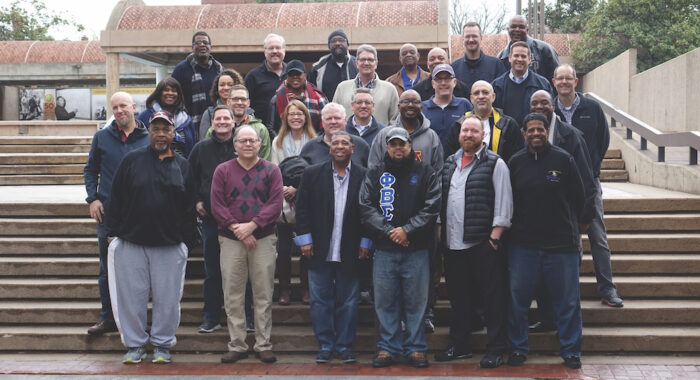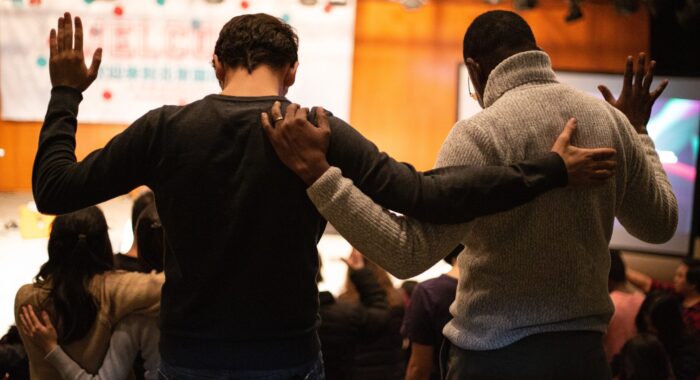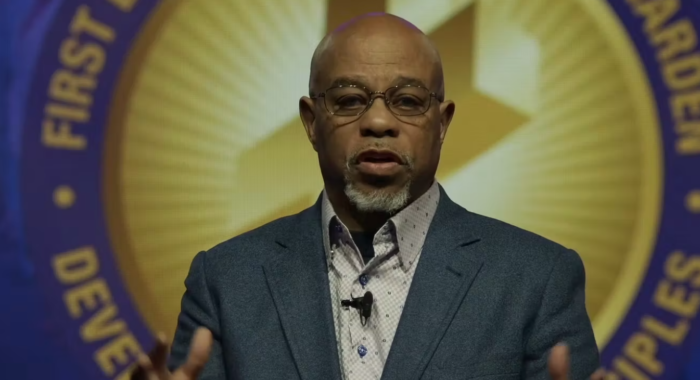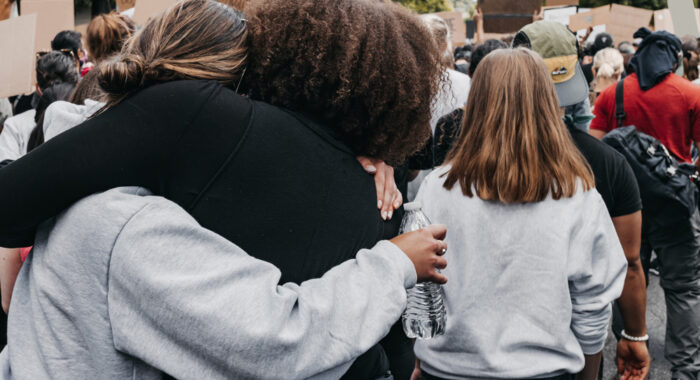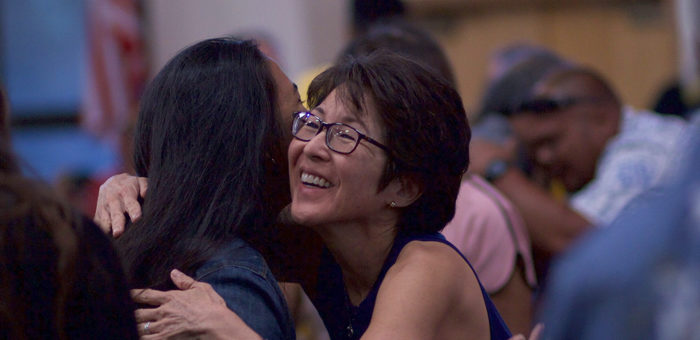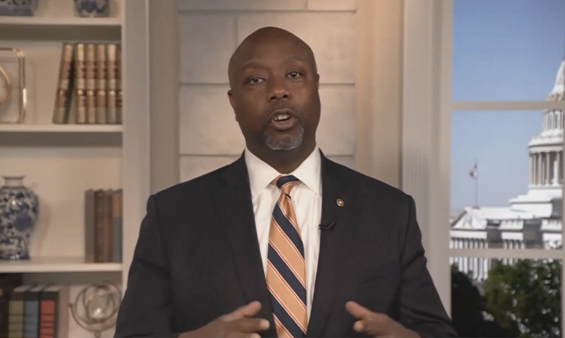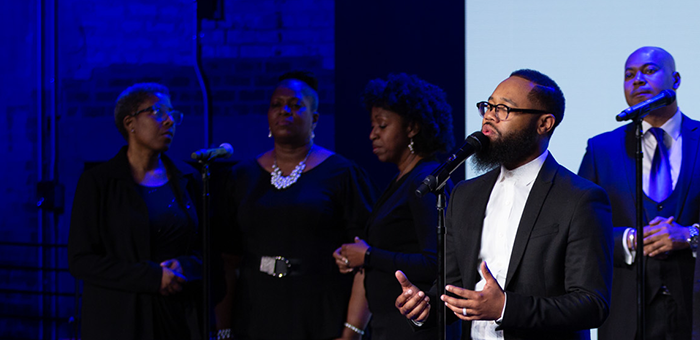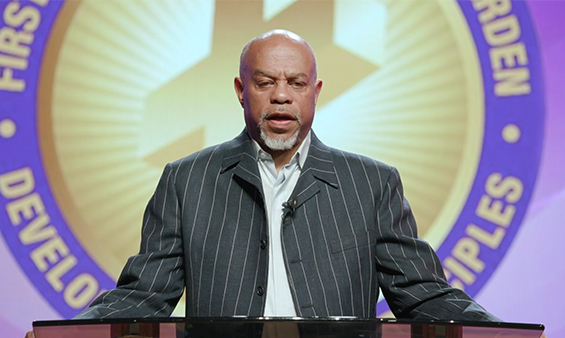
In the wake of viral videos and widespread protests over police and vigilante violence against African Americans, most evangelical leaders say they or their institutions are planning new or enhanced efforts to promote racial justice. Sixty-nine percent say they are planning new initiatives, and another 29 percent say they are continuing ongoing racial justice work that was already underway before the recent protests began.
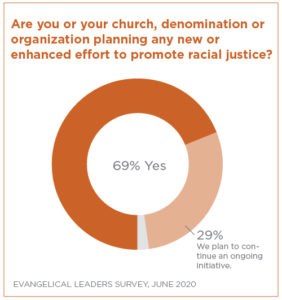
New initiatives for racial justice require careful preparation, noted Shirley Mullen, president of Houghton College in Houghton, New York. “We had already been planning an expanded focus on diversity as part of our spiritual formation program and our Mosaic Center for diversity programming. We are in the midst of a campus wide audit to assess readiness for moving to next level of integrated programming and hospitality that reflects God’s kingdom vision, and a plan for all leaders to take a cultural competence survey.”
Scott Ridout, president of Converge Worldwide, emphasized the importance of structure and staffing decisions in supporting efforts toward racial justice. “We have placed biblical diversity as one of our top four initiatives as a movement, along with starting new congregations, strengthening existing congregations, and sending global workers. We realized it would be impossible to advance in this challenging area without having a presence on our top leadership team, with the power to implement changes. So, we created an Office of Biblical Diversity led by a vice president, to be a voice at the table and with the power to implement changes.”
Besides changes at the top, evangelical denominations are also stepping up education efforts among clergy and congregations. For Randall Bach, president of Open Bible Churches, this is an urgent priority. “We are committed to helping sensitize our ministers and churches to the realities of racism and proactive steps to fight it. We may differ about approaches but silence is no longer acceptable,” he said.
Evangelical leaders are under no illusions that the quest for racial justice will be easy. “We are called to a long obedience in the same direction,” said Phil Strout, national director for Vineyard USA. “Diversity is a destiny, not a program.”
Gabriel Salguero, president of the National Latino Evangelical Coalition, added, “We understand the work of racial justice as part of our gospel imperative.”
“Whether it is educating members, reforming our criminal justice system, or helping churches better reflect the racial and ethnic makeup of their communities, evangelical leaders indicate they are engaged in this struggle for the long haul,” Kim said.
The Evangelical Leaders Survey is a monthly poll of the Board of Directors of the National Association of Evangelicals. They include the CEOs of denominations and representatives of a broad array of evangelical organizations including missions, universities, publishers and churches.



 View All Surveys
View All Surveys 
